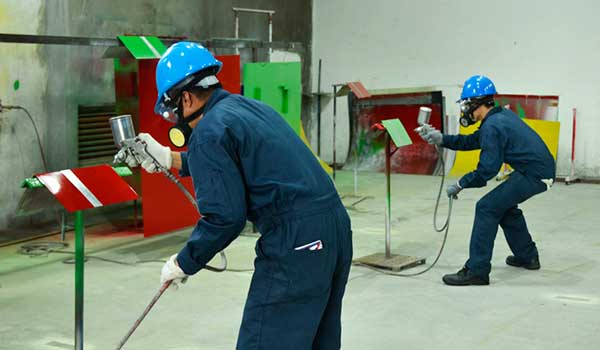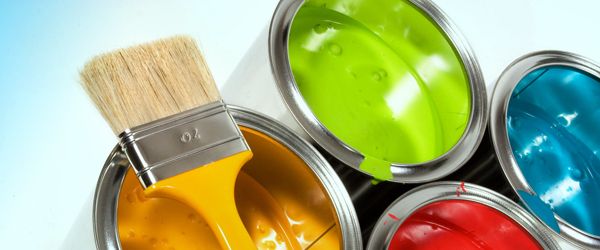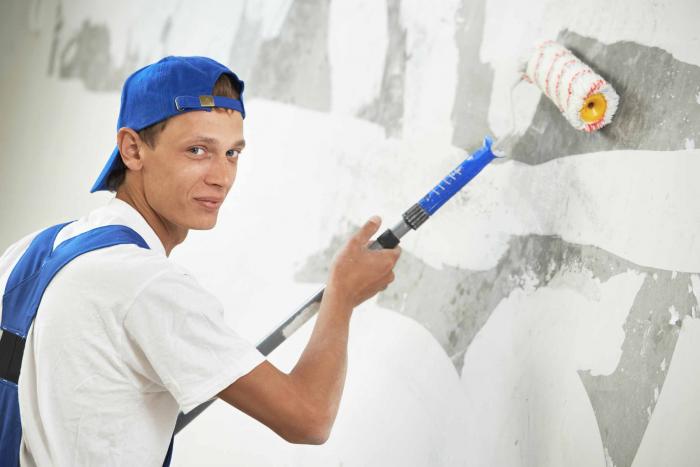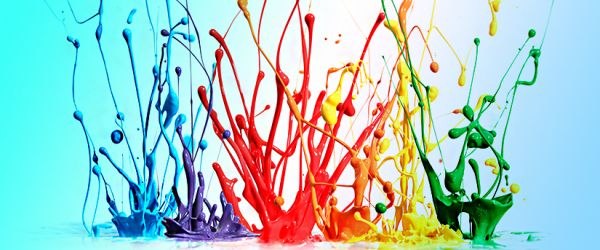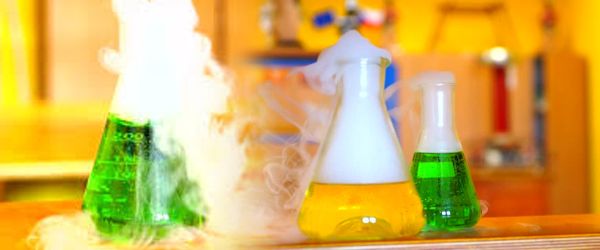Industrial painting is a specialised field of painting that focuses on coating and protecting various structures and equipment used in industrial settings. This type of painting serves both functional and aesthetic purposes. Here are some key aspects of industrial painting:
Surface Preparation: Proper surface preparation is critical in industrial painting. This may involve cleaning, sandblasting, or applying chemical treatments to remove rust, contaminants, and old coatings. Ensuring a clean and smooth surface is essential for the paint to adhere properly.
Coating Selection: Industrial painters choose coatings based on the specific requirements of the project. Factors like the type of surface, environmental conditions, and the intended use of the structure or equipment influence the choice of coatings. Common types of coatings include epoxy, polyurethane, enamel, and industrial-grade paints.
Application Techniques: Industrial painting often requires specialized application techniques such as spray painting, brush and roller application, or even powder coating, depending on the nature of the project. Spraying is commonly used for large surfaces or structures to achieve an even and uniform finish.
Environmental Considerations: Industrial painting projects must adhere to environmental regulations. This includes controlling and disposing of paint waste, selecting low-VOC (volatile organic compound) paints to reduce air pollution, and ensuring that the work area is properly ventilated.
Safety: Safety is a top priority in industrial painting. Workers must use personal protective equipment (PPE), including respirators, gloves, and eye protection, to safeguard themselves from exposure to chemicals and fumes. Proper safety protocols are essential to prevent accidents and injuries.
Corrosion Protection: One of the primary purposes of industrial painting is to protect surfaces from corrosion. Coatings act as a barrier that prevents moisture, chemicals, and other corrosive agents from reaching the underlying substrate, thereby extending the life of the equipment or structure.
Aesthetics: While functionality is the primary concern in industrial painting, aesthetics can also be important, especially in industries where appearances matter, such as automotive manufacturing or food processing. A well-painted surface can enhance the overall appearance of a facility.
Maintenance and Repainting: Industrial coatings have a finite lifespan and may require periodic maintenance or repainting to ensure continued protection. Regular inspections can help identify areas that need touch-ups or recoating.
Quality Control: Quality control is crucial in industrial painting to ensure that the coatings meet the specified standards and provide the required level of protection. This may involve visual inspections, adhesion tests, and thickness measurements.
Regulatory Compliance: Many industries are subject to specific regulations regarding the type of coatings that can be used, emissions, and safety standards. Compliance with these regulations is essential to avoid legal issues and fines.
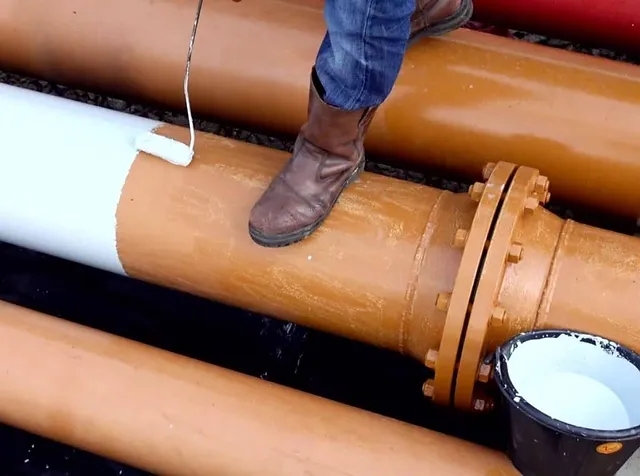
Industrial Painting Courses in India plays a vital role in preserving the integrity and longevity of industrial equipment and infrastructure. It requires skilled professionals who are knowledgeable about coatings, surface preparation, safety, and environmental regulations to ensure successful and durable results.

